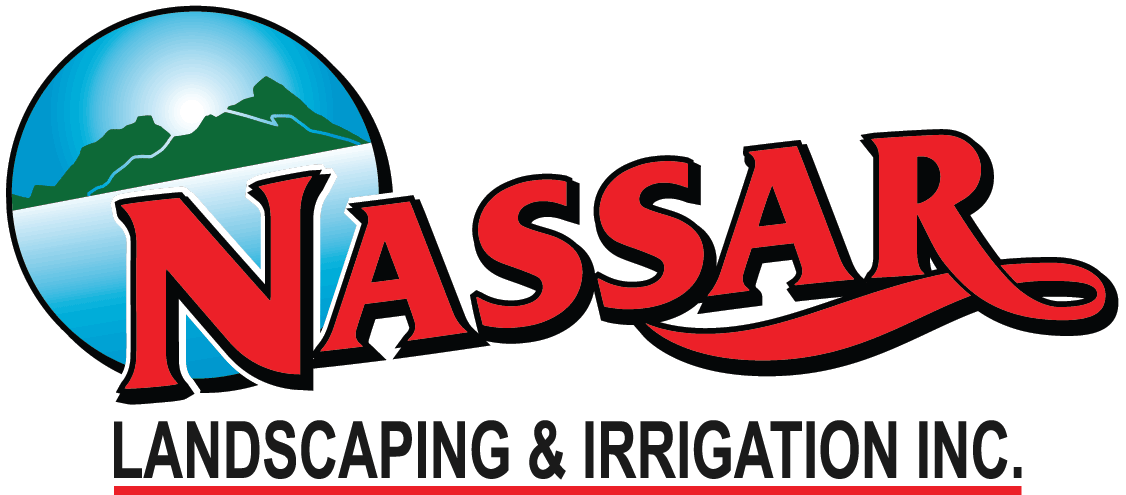Deb Wiley and Vivika Neveln for Better Homes & Gardens on growing herbs indoors.
Always have fresh herbal flavors in reach when you grow these aromatic plants in your kitchen.
Few plants can turn everyday cooking into gourmet fare like freshly harvested herbs. These versatile aromatic plants also have the power to soothe our moods, help with healing, and even make your home (and you) smell wonderful. It’s easy and inexpensive to grow these useful, beautiful plants yourself, even indoors. Like any group of plants, herbs have varying needs, but most aren’t too demanding about their basic care. Whether you want to grow herbs indoors in winter or have a little windowsill herb garden year-round, these tips will help you start your plants off right and keep them thriving.
Best Herbs to Grow Indoors
It may be tempting to jump in and grow a wide variety of herbs at first. However, you’ll likely have more success if you focus on just a few that you know you will use regularly. Basil, chives, cilantro, mint, oregano, parsley, rosemary, sage, and thyme are among the easiest herbs to grow indoors.
Tips for Growing Herbs Indoors
Once you’ve decided which herbs to grow indoors, you’ll need to provide the right amounts of light, water, and care to help your plants thrive.
Light
Outside in the garden, herbs grow best in full sun. To grow herbs indoors, place them by the sunniest window you can. A south- or southwest-facing window that lets in direct sunlight is best. Supplement natural light with an LED grow light ($10, Walmart) as needed to give your herbs a total of 12-14 hours of light. Without a grow light, your herbs may look a little leggy, but the leaves will still add bright flavors and colors to salads and cooked dishes.
Test Garden Tip: Give potted indoor herbs a quarter-clockwise turn once a week to expose all sides of the plant equally to sunlight. This will encourage more even growth.
Watering
Water is both a friend and an enemy of herbs. Plants obviously need water to grow, but too much water rots the roots. To determine when to water your potted indoor herbs, insert a finger into the soil up to your first knuckle. If the soil feels dry, it’s time to water. If it feels moist, hold off for another day or so and check again.
Humidity
A windowsill above a kitchen sink offers a little extra humidity, which can be especially helpful during winter when the air in a heated home gets very dry. You can also boost humidity by placing pots on a pebble-filled, waterproof tray and allow pots to drain into the tray when you water the plants. Water evaporating from the tray will raise humidity right around the plant. Another alternative is to use a humidifier nearby.
Temperature
Herbs like the same temperatures that people do, roughly 65 to 75˚F. To keep an indoor herb garden thriving during a cold winter, be sure the leaves of your herb plants don’t touch the windows. Most herbs don’t mind if the temperature in your house drops into the 50s at night, but basil is especially sensitive to cold temperatures. Keep basil in a spot that stays about 70˚F.
Fertilizer
Because indoor herbs can’t get nutrients from garden soil and rain, they need a little bit of a boost from fertilizer. Choose a balanced, all-purpose plant food ($15, Walmart), or a liquid fish emulsion ($11, The Home Depot). Apply the plant food at half the recommended rate every other week only when herbs are actively growing. It’s better to give your plants too little fertilizer than too much.
Best Containers for Indoor Herbs
You can get creative and grow herbs in just about any container you like. However, plastic and ceramic containers hold more moisture than terra-cotta, which is porous and breathable. Herbs often do better when grown in clay pots. Always make sure the container holding your herbs has a drainage hole. If you have a saucer underneath, pour off any extra water that collects there to avoid waterlogged soil.
Along with the right container, a potting mix designed for cacti and succulents ($5, Target) is ideal for growing herbs because it allows water to pass through the soil better. Garden soil is too heavy and doesn’t have enough air pockets between particles.

